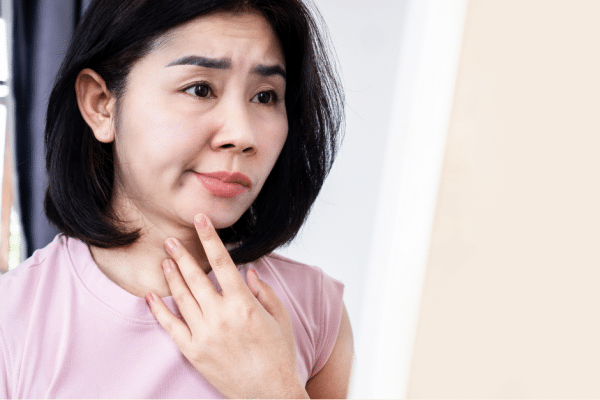Bell’s Palsy
Bell’s Palsy
What is Bell’s Palsy?

Cause of Bell’s Palsy

- Immune System Response: An abnormal immune response leads to inflammation and compression of the facial nerve.
- Viral Infections: Viruses such as the herpes simplex virus, which causes cold sores, have been linked to the development of Bell’s Palsy.
- Environmental Factors: Exposure to environmental factors, such as cold weather, may increase the risk of developing Bell’s Palsy.
How to Avoid Bell’s Palsy?
- Vaccination: Staying up-to-date on vaccinations, including the herpes zoster vaccine, may reduce the risk of viral infections associated with Bell’s Palsy.
- Good Hygiene Practices: Practicing good hygiene, such as regular handwashing, can help minimize the risk of viral infections.
- Stress Management: Stress has been linked to the development of Bell’s Palsy, so balancing your life and work, getting enough rest, take care of your mental health is beneficial.
Relieving Bell’s Palsy
- Corticosteroids: Medications like corticosteroids can help reduce inflammation and promote faster recovery when administered early in the course of Bell’s Palsy.
- Eye Protection: Protecting the affected eye with lubricating eye drops or an eye patch can prevent complications related to dryness and potential injury.
- Self-care: Exercises and facial massage may help maintain muscle tone and improve facial mobility.
How Acupuncture Helps Bell’s Palsy?
- Facilitating Nerve Regeneration: Acupuncture may enhance nerve regeneration and promote the restoration of normal facial muscle function.
- Reducing Inflammation: The anti-inflammatory effects of acupuncture may help alleviate the inflammation associated with Bell’s Palsy.
- Improving Blood Circulation: Enhanced blood circulation resulting from acupuncture may support the delivery of nutrients and oxygen to affected tissues, aiding in the recovery process.
Happipuncture Clinic for Bell’s Palsy

